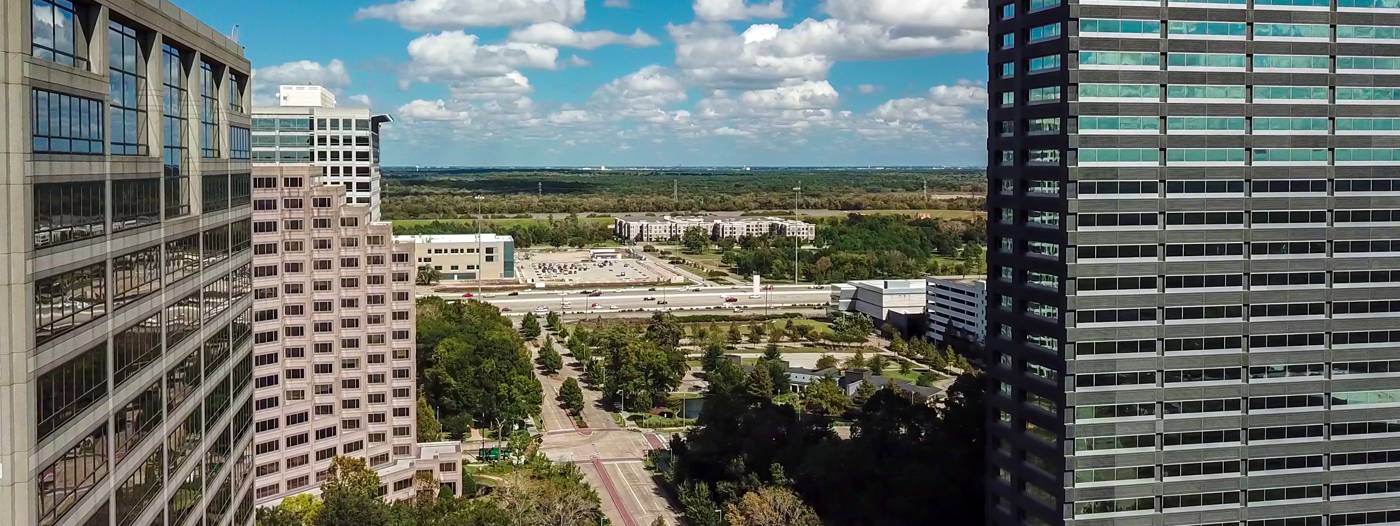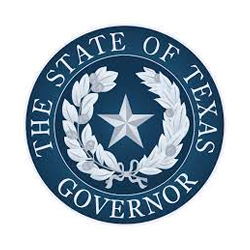Business Goes Big in the Greater Katy Area
Texas prides itself on being “wide open for business” and has the robust incentives to prove it. It’s one of the reasons Texas was named the “Best State for Business” for the 17th consecutive year by the nation’s leading CEOs. Texas also won the Gold Shovel Award for the 9th year, recognizing the state's efforts to attract high-value investment and large job-creating projects. Explore the Texas Business Incentives and Program Overview.
Katy Area EDC works diligently and efficiently to aid companies in exploring tax incentives and maximizing monetary efficiency for relocations and expansions. Katy Area EDC is one of the few EDCs in the Houston Area to offer companies relocation through “Goodwill” incentives.
In the category pull-down menu below, please query the type of incentives of interest which include Covid, Goodwill, Grants, Loans, Permitting, Rebates, Tax, Taxes, Training, and Workforce.
Texas offers a loan program for eligible efficiency technologies. The “LoanSTAR” program is available to schools, hospitals and local governments. The low interest loans are capped at a $5 million
Qualifier for State Sales Tax Exemption for Qualified Data Centers: a "data center" is a facility of at least 100,000 square feet in Texas that has been, or will be,
COVID-19 Update: The Business Permit Office has published a list of helpful FAQs that address common permitting and licensing questions. The Business Permit Office assists businesses in navigating Texas’ permitting, licensing
Economic Development & Diversification In-State Tuition for Employees is a program that allows employees—and those employees’ family members—of a qualified business considering a relocation or expansion of its operations in
Texas Enterprise FundAdministered by the Texas Economic Development Bank, this grant program provides funding to projects that realize a significant rate of return of the public dollars being used for
The Texas Enterprise Zone Program (EZP) is a state sales and use tax refund program designed to encourage private investment and job creation in economically distressed areas of the state. Who
House Bill 500 provides authorization for a company to deduct moving expenses from their apportioned margin while calculating their franchise liability. Companies must relocate their principle place of business from
The TexasTax Relief for Pollution Control Property Program (Prop 2) is responsible for determining whether a facility uses certain property or equipment, in whole or in part, for pollution control
The Product Development and Small Business Incubator Fund (PDSBI) offers long-term, asset-backed loans to product development companies and small business incubators/accelerators located in Texas. The loans finance the development and
Texas property tax code permits a 100% exemption on the appraised value of solar, wind or biomass energy devices installed or constructed for the production and use of energy on-site.
The Texas Property Tax Code extends a franchise tax exemption to manufacturers, sellers, or installers of solar energy devices. The state also permits a corporate deduction from the state’s franchise
Administered by the Texas Comptroller of Public Accounts, this program reinstates franchise tax credits for companies conducting qualified research and development (R&D) activities within the state. The new law provides Texas
Labor for construction is not taxable for completing unfinished structures (construction), constructing new structures and for increasing the production capacity of a manufacturing or processing production unit in a petrochemical refinery or
Texas companies are exempt from paying state sales and use tax on electricity and natural gas used in manufacturing, processing, or fabricating tangible personal property. The company must complete a
Leased or purchased machinery, equipment, replacement parts, and accessories that have a useful life of more than six months, and that are used or consumed in the manufacturing, processing, fabricating,
This program is administered by The Texas Workforce Commission (TWC) and provides financial support for training to help employers build their skilled workforce by collaborating with a community college (Houston
Through the Texas Workforce Commission (TWC) Skills for Small Business program, up to $2 million from the Skills Development Fund is dedicated to the backbone of Texas' business community—our small
This program is administered by the Texas Workforce Commission (TWC) and pays tuition and fees for employees that are military veterans to take courses from the existing course catalogue of
Workforce Solutions has several initiatives available to support your company’s workforce needs. The following summarizes the support that may be available to companies that choose to locate to Texas or
The business (or group of businesses) selects the public community college or technical college that will provide the custom training and specifies the kind of training, curriculum, etc: Custom training
Paid work experience helps offset the cost of hiring a new employee that may lack skills or knowledge entering the workforce for the first time or after a long hiatus.
Workforce Solutions talented team of reruiters will provide a pipeline of talent through sourcing, recruiting and prescreen to find the right fit for your position. Through our Work in Texas
On-the-Job Training (OJT) offers participants an opportunity to earn as they learn, while employers benefit from a partial wage reimbursement during the training period. OJT focuses on jobs that involve new



